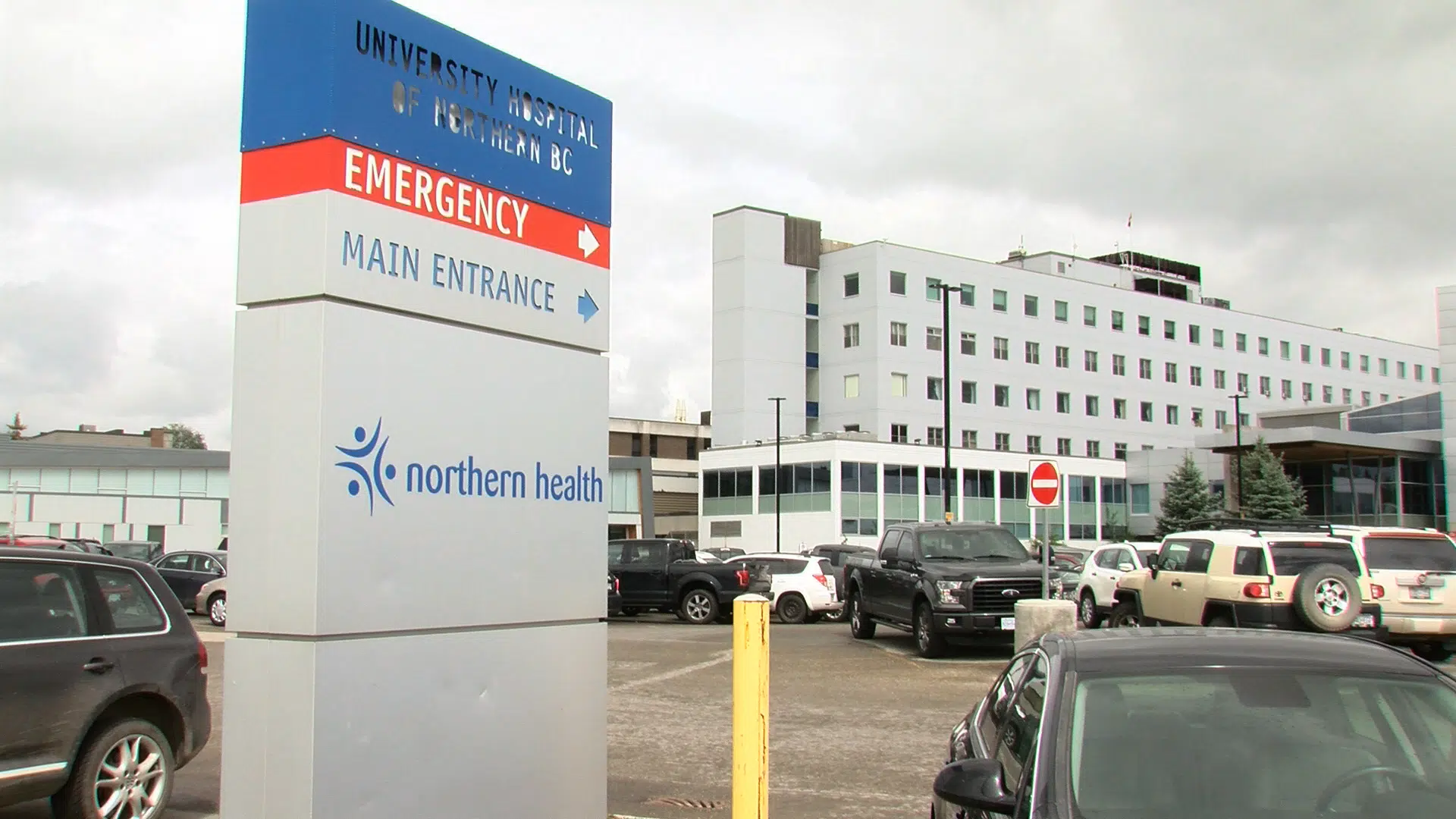
UHNBC Nurses Stressed
PRINCE GEORGE – The University Hospital of Northern BC is a pressure cooker these days. Staffing levels are significantly down and the hospital is over capacity. But, the issue of staffing is not new to the BC Nurses Union.
“The Auditor General identified significant staffing issues for the Northern Health Authority as early as January or February of this year, when they released the report,” says BCNU President, Christine Sorensen “In that, they said there were difficulties in staffing a number of the facilities to the appropriate level that would be able to provide patient care.”
In that report released in February, Auditor General Carol Bellringer wrote:
“As of April 1, 2017, Northern Health was short 121 RN FTEs, approximately 15% of its rural and remote RN workforce and at least 5.9 NP FTEs. It was able to fill approximately half of its vacant shifts with nurses who work on a casual basis and existing nursing staff, sometimes at an overtime rate.”
“RNs were also concerned about patient safety, as they were not always able to check on patients in the waiting room or keep up with regular checks on medication, crash carts and other equipment.”
